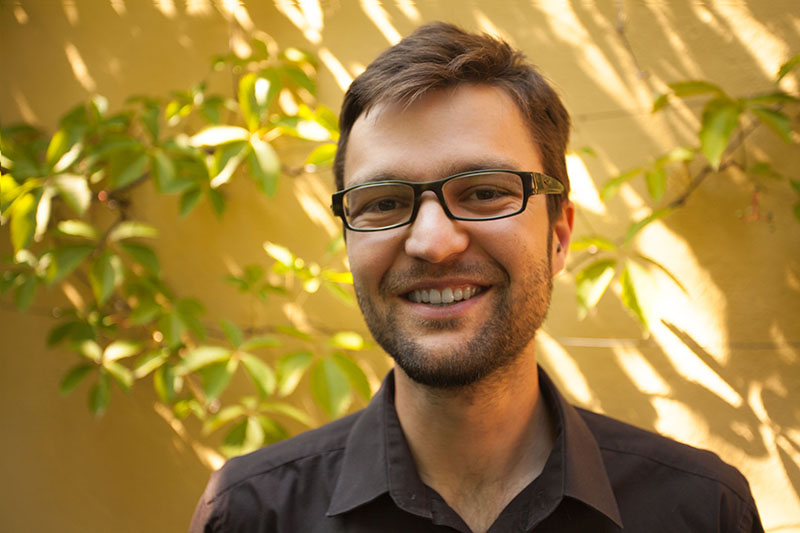To realize the vision of a world where all thrive within the means of our planet’s ecological budget, we – the global human community – have to design and proactively implement fundamental and transformative changes in every aspect of our lives. By definition, transformations describe situations where fundamental attributes of socio-ecological systems change. Or, to put it more bluntly, a situation where everything we know about how a certain (sub)system works, changes from one day to another.
One of the very few examples of transformations that almost all human beings can (theoretically) experience is having children. Being a young father of a four-year-old daughter myself, I can only confirm what I heard from my own parents, grandparents, and friends with families: It is hard to describe it in advance, but everything changes the second your child sees the light of day. It is a truly transformative experience.
The philosopher L.A. Paul defines transformative experiences as “things we cannot know about from any other source but the experience itself”. In addition to becoming a parent she gives another (hypothetical) example, namely deciding to become a vampire. While I have not tried this yet, I can see that there might be some transformative aspects associated with this change as well.
Although we will have to make fundamental forward-looking decisions in many areas (e.g., urbanization, energy, food, social justice, and biodiversity) to get our act together and turn around natural resource consumption trends while improving quality of life for all, I strongly believe that we should not preclude humans from the transformative experience of having children. However, since learning about the IPAT identity as a student about 15 years ago, it has been clear to me that demographic trends are one of the major drivers of natural resource consumption and supply, as well as negative environmental externalities like greenhouse gas emissions. Thus, we do need a discussion of human demographics, but one that is free of prejudices and moralistic top-down narratives. I am convinced that we need bottom-up discussion formats based on mutual respect, scientific facts, and a systems perspective.
The younger generation should be key participants in intercultural citizens’ fora to reflect on their own concerns and desires regarding family planning. I know of some young families who have more than one child because of their perception that societal norms require them to have at least two kids, even though they themselves would be perfectly comfortable with a small family. Actually, more than comfortable, since larger families often reinforce traditional patriarchal family structures, which is particularly detrimental to women’s personal fulfilment, while also pushing young fathers back into the (often undesired) traditional role of breadwinners. Such young citizens’ fora could also be a place to debunk economic myths that large populations are always an economic advantage for individual countries. Particularly in times of shrinking natural resource availability and increasing digitalization and automatization, stable (or even shrinking) populations can turn into a socioeconomic advantage.
Ultimately, tackling demographic trends is about youth and women’s empowerment, investing in better education, and strengthening social security systems globally. Just as with climate change, individual action is important, but we must not let national governments and supranational institutions off the hook in terms of their responsibilities to put the right framework conditions in place for a low-carbon lifestyle, or self-determined family planning in line with the planet’s ecological budget and our very human desire for the transformative experience of having children.
– Thomas Schinko

